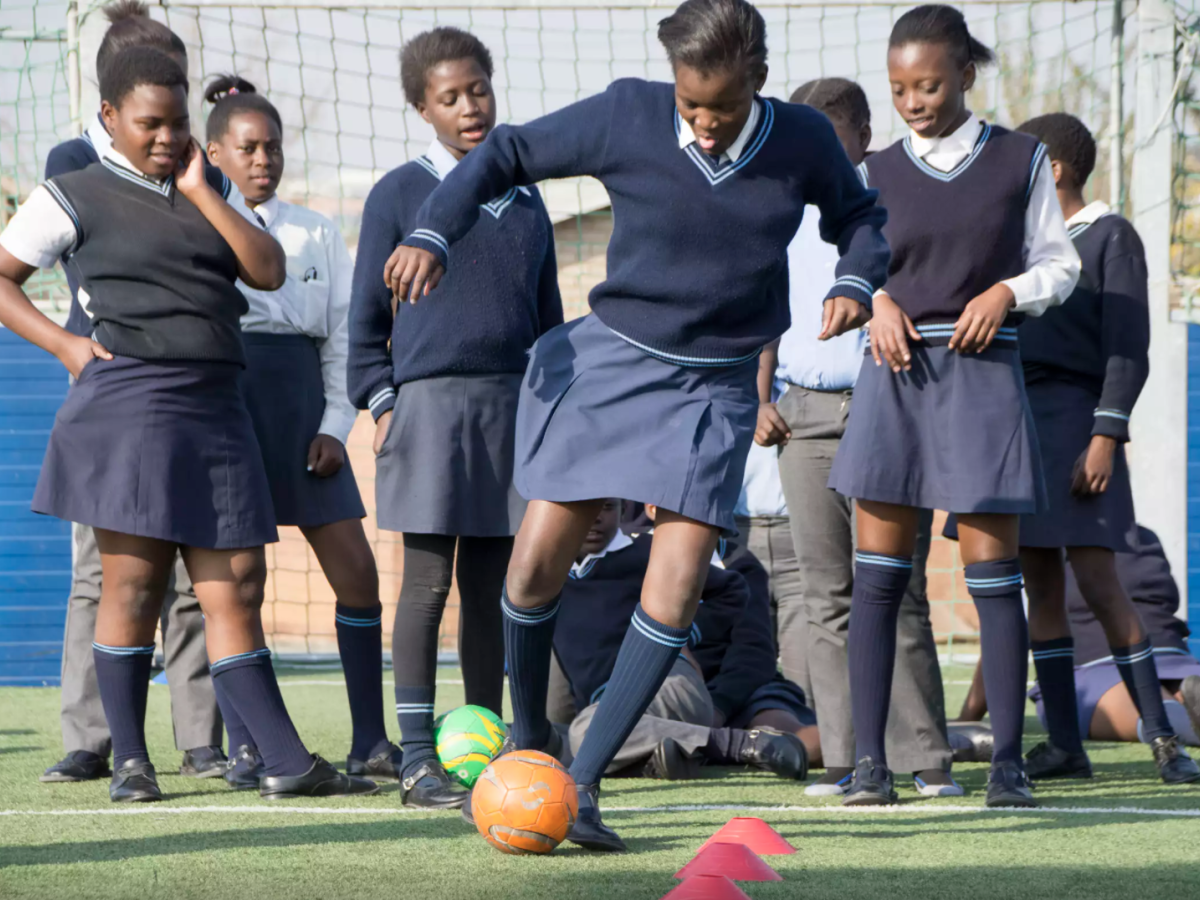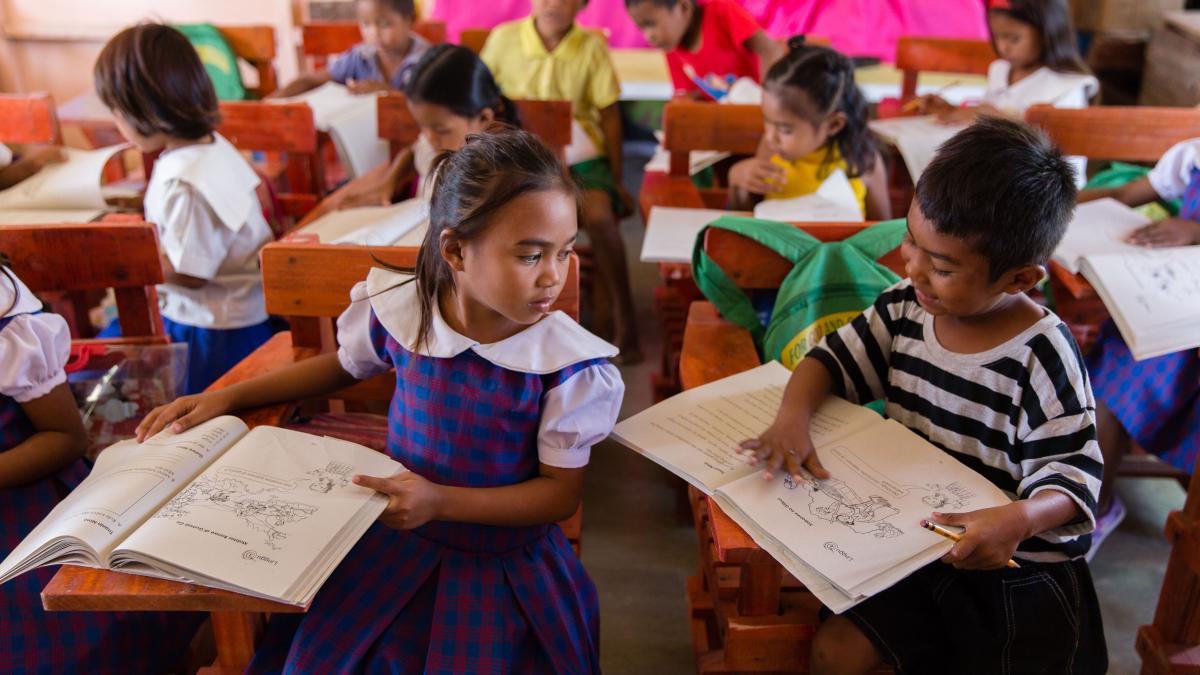
Holly Powers
USAID works to break down gender-related barriers to education so that children and youth in all their diversity—especially girls and women, and gender and sexual minorities including lesbian, gay, bisexual, transgender, queer, and intersex (LGBTQI+) youth— have access to quality learning opportunities from pre-primary through higher education.
“Together, we can build on decades of experience in supporting girls’ education to ensure we don’t lose a generation of talent and potential. And we will continue to support women’s empowerment, to ensure that all our daughters—and truly all our children, no matter how they identify—can dream limitless dreams.”Administrator Power at the G7
Sustained global efforts have resulted in substantial progress toward quality, equitable, and inclusive education around the world. Yet, learners and educators- in all their diversity- continue to be marginalized on the basis of gender and sexuality. The COVID-19 pandemic has exacerbated inequality, jeopardizing progress, and disproportionately putting girls, young women, and LGBTQI+ youth at a disadvantage.
USAID works to advance gender equality in and through education around the world with diverse, context-specific strategies, including:
- Helping the most marginalized learners, especially girls, women and LGBTQI+ people, stay safe and connected to learning during and after the COVID-19 pandemic.
- Preventing and responding to school-related gender-based violence (SRGBV) which affects learners and educators of all gender identities and gender expressions, including boys and men.
- Ensuring that educational materials and instruction empower learners of all gender identities and gender expressions.
- Providing safe learning opportunities for women and girls facing adversity, conflict, and crisis, particularly those who are displaced.
- Promoting gender in the generation, reporting, and use of data and evidence.
- Holistically supporting adolescent girls to overcome their unique set of challenges.

Tammy David
“We want to build on a long history of creating better access to quality education, particularly for young girls, because we all know that girls’ access to education is one of the most powerful forces for driving economic development, prosperity, and security. When girls stay in school, they are healthier, they marry later, they are more likely to participate in the formal economy, and the world, by all measures, gets better.” USAID Administrator Power
USAID is proud to endorse the G-7’s Declaration on Girls’ Education: Recovering from COVID-19 and Unlocking Agenda 2030. USAID also proudly endorses two new, ambitious milestone objectives for Sustainable Development Goal 4 (SDG 4):
|
Program Spotlights
The Empleando Futuros Activity, with funding from USAID/Honduras, implemented two ‘Self-esteem and Human Rights’ workshops covering the history of the LGBTQI+ community, stigma, discrimination, and respect for diversity; four Inclusive Language workshops for staff and implementing partners; three workshops of Prevention and Treatment of Sexual Harassment in training centers and in the workplace; six New Masculinities trainings focused on three key elements - power relations, men’s participation in shared-care and domestic work, and Gender Based Violence (GBV) prevention; a one-day workshop on Domestic Violence Prevention; and a one-hour workshop on Key Gender Concepts for Job Insertion.
